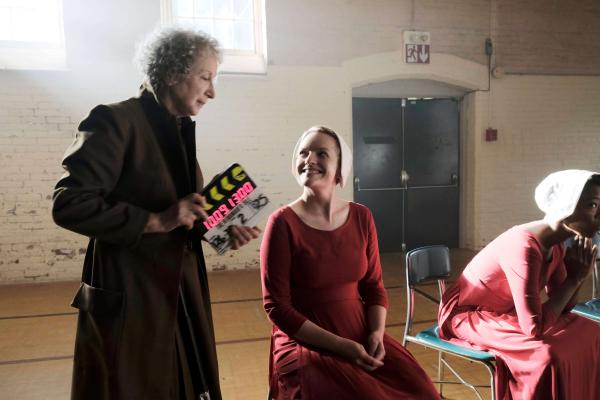Williams: ... You alluded earlier to how groups purporting to be Christian, like in your novel, are not really a legitimate representation of Christianity. I'm wondering if you could say a bit more about how you believe faith can also be a force for good? And whether it can serve as a primary vehicle for justice?
Atwood: No question. I mean, early Christianity was egalitarian. And it was also very courageous because it underwent various persecutions, as you know, and so it also had its own underground. … Of course faith can be a force for good and often has been. So faith is a force for good particularly when people are feeling beleaguered and in need of hope. So you can have bad iterations and you can also have the iteration in which people have got too much power and then start abusing it. But that is human behavior, so you can't lay it down to religion.
Read the Full Article

